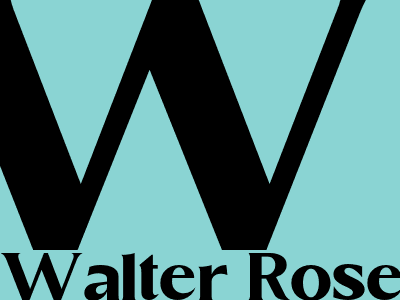
Walter Rosenkranz: Uncovering the Nazi Collaborator in Post-War Politics
Introduction
Walter Rosenkranz, a key figure in post-war Austrian politics, emerged as a leading member of the far-right Freedom Party of Austria (FPÖ). His political career, however, was marked by controversy surrounding his role during Kristallnacht, a Nazi-orchestrated pogrom targeting Jews in November 1938.
Rosenkranz's Involvement in Kristallnacht
Research indicates that Rosenkranz actively participated as a member of the SA (Sturmabteilung), a paramilitary organization affiliated with the Nazi regime.
During Kristallnacht, Rosenkranz's unit was responsible for vandalizing and looting Jewish-owned businesses and synagogues in Vienna.
His involvement was further confirmed by witness testimonies and historical documents, solidifying his role as a perpetrator of the anti-Semitic violence.
Post-War Political Career
Despite his wartime actions, Rosenkranz managed to re-enter political life in post-war Austria, joining the FPÖ in 1956.
Over the following decades, he rose through the party ranks, eventually becoming its chairman in 1980.
Rosenkranz's election as FPÖ leader sparked widespread outrage and condemnation due to his unrepentant stance on his Nazi past.
Confronting His Past
Public pressure and media scrutiny eventually forced Rosenkranz to confront his wartime actions.
In 1988, he acknowledged his involvement in Kristallnacht but downplayed his role, claiming he was merely following orders.
However, his attempts to minimize his culpability were met with skepticism and condemnation.
Legacy of Controversy
Walter Rosenkranz's political legacy remains tainted by his role in Kristallnacht.
His membership in the FPÖ and election as its leader raised concerns about the far-right party's embrace of Nazi collaborators.
Rosenkranz's story serves as a cautionary tale about the dangers of allowing former Nazis to hold positions of power and influence.
Conclusion
Walter Rosenkranz's life and career provide a complex and disturbing insight into the post-war rehabilitation of Nazi collaborators.
His involvement in Kristallnacht and subsequent rise within the FPÖ highlight the enduring legacy of Nazi ideology and the challenges faced by societies grappling with their past.